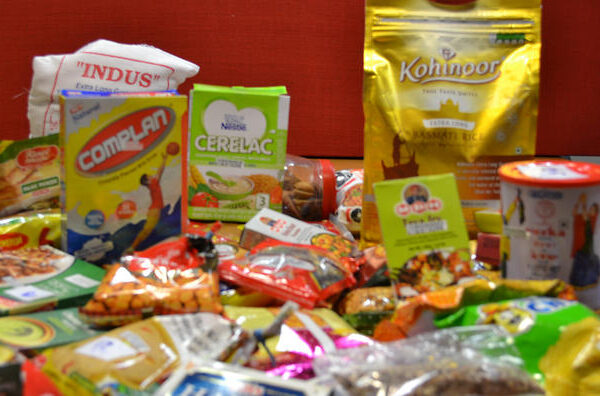DoAG has issued Notice IFN 12-19 to advise Customs Brokers and importers that, under subsection 15(9) of the Imported Food Control Act 1992 (Act), they will be publishing on their website the administrative instruments for all holding orders not related to label fails.
From August 2019, DoAG will publish holding order instruments on a monthly basis. All active holding orders in place since 21 September 2018 will be published in the coming months.
A holding order is applied to a food to which the Act applies that:
– has failed to comply with Australian standards;
– is subject to a food recall or other incident and it is suspected it would not comply with Australian standards; or,
– there is evidence of a food safety issue with the food.
The importer is advised that a holding order will be placed on the food that has failed and information relating to the analytical test failure is published on DoAG’s website. A holding order remains in place until a history of compliance can be demonstrated, usually after five consecutive passes.
It ensures future comparable consignments (same product, producer and country of origin) of a failed food are referred for inspection to ensure the reason that the food failed has been rectified. DoAG may also apply a temporary holding order on a food suspected of posing a serious risk to human health while the food safety risk is investigated. This emergency provision provides for the food to be held for up to 28 days, which can then be extended.
Future consignments of the food from producers of failing foods will be inspected at the rate of 100 per cent of consignments until the food demonstrates compliance with Australian food standards.
Failing food reports identify foods that have failed analytical testing or do not meet the compositional requirements of the Australia New Zealand Food Standards Code. The reports do not list foods that have failed for noncompliant labels as the responsibility for the correct labelling of imported food lies with the importer.

